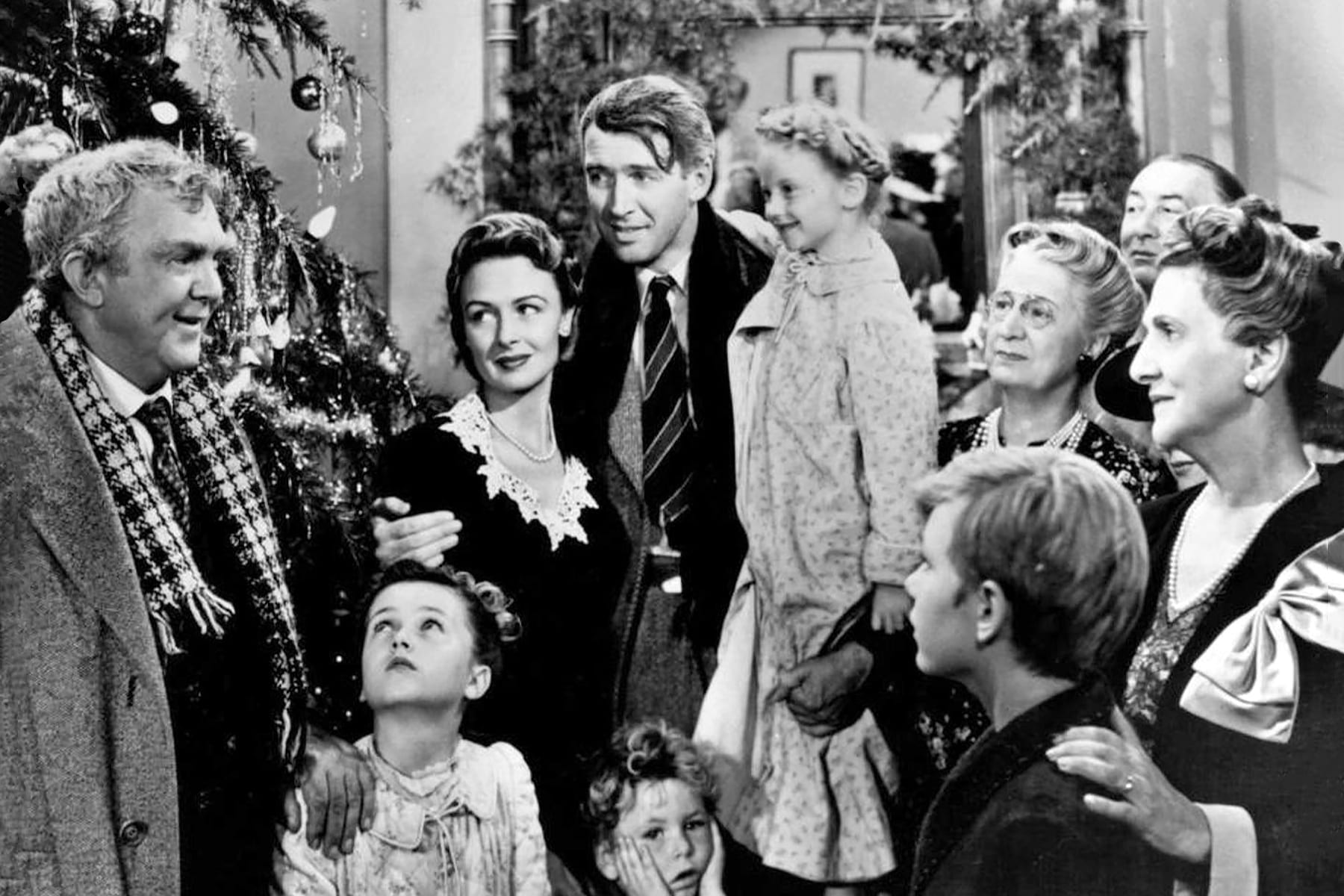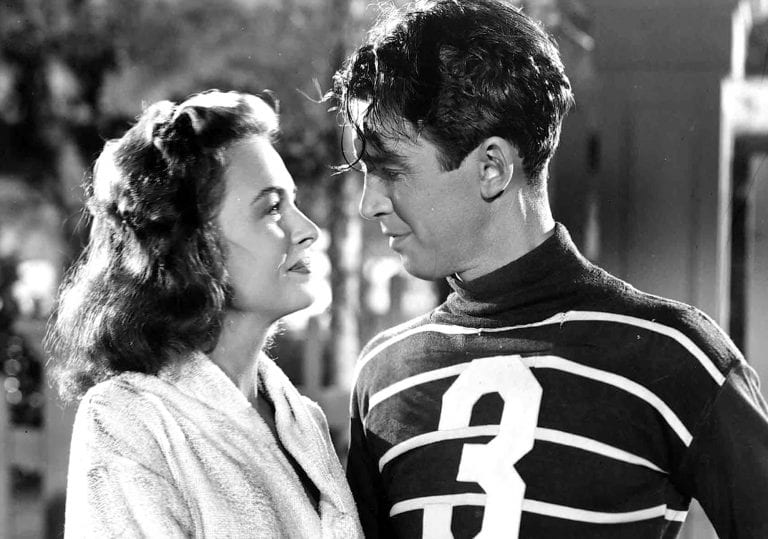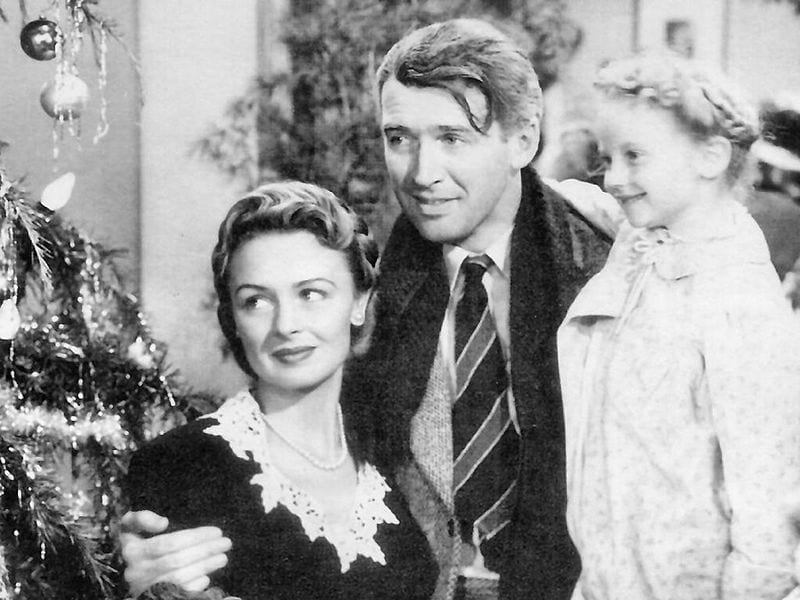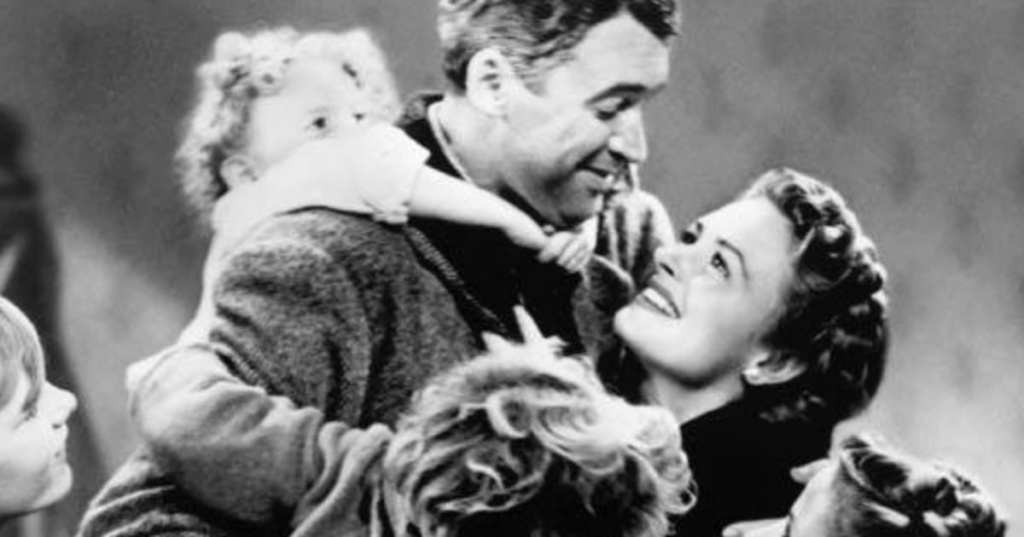Trending Now
There’s a good chance that your family has some kind of tradition when it comes to the movies you watch around the holidays. It might be children’s classics, like Charlie Brown or How the Grinch Stole Christmas.
It might be modern favorites like Christmas Vacation or A Christmas Story, or maybe you just love marathoning every Hallmark Christmas movie they can throw at you in the span of two months.
If you’re like my family, you enjoy mixing in an oldie or two, like White Christmas, Holiday Inn, Meet Me in St. Louis, and yes, It’s a Wonderful Life.

Image Credit: Republic Pictures
The story of George Bailey’s descent into despair and subsequent triumph over the certainty that everyone would be better off without him has become a tradition for many, and I don’t know about you, but that heartwarming ending gets me every single time.
It’s a little surprising to learn, then, that audiences originally panned the film so hard that it was considered a complete box office flop – this despite Academy Award magnet Frank Capra at the helm and America’s beloved everyman, James Stewart, in the starring role.
None of that mattered to audiences in 1946, and the flop was so bad that it killed Liberty Films, Capra’s production company.

Image Credit: Republic Pictures
Frank Capra had made a name for himself in the 1930s with hits like It Happened One Night and Mr. Smith Goes to Washington. He took a break during the war to produce propaganda films for the government, but in 1946 he was ready to jump back into producing films about the thing he loved most – freedom.
Liberty Films was born, and they decided their first film would be an adaptation of a short story titled The Greatest Gift (alternate title: The Man Who Was Never Born).
It was, of course, It’s a Wonderful Life, and with a $2 million budget, it was a huge risk.
The production process was fraught with drama. There were script rewrites, a bloated shooting schedule, and they have trouble keeping crew, all of which meant most of the budget was gone before filming even wrapped.
It’s a Wonderful Life released just after The Best Years of Our Lives, and it soon became clear that audiences and critics alike preferred the hard-hitting drama of the latter to the message of hope and the worth of simple values espoused by Capra and Co.
The Best Years of Our Lives won awards, it won the box office, and everyone forgot It’s a Wonderful Life ever existed. Capra sold his Liberty Films to Paramount and he only directed 5 more films in his career (none of which achieved what his pre-war movies did).
In 1974, though, a clerical error resurrected It’s a Wonderful Life from certain death on a dusty shelf.
The woman who owned the film’s copyright forgot to file for a renewal, and the movie entered public domain. Any television station could air the movie as often as they liked without paying a cent – and as you may have realized, networks aren’t shy about roping in viewers with – to quote Mr. Potter – “sentimental hogwash.”
People who were experiencing life after WWII wanted nothing to do with the sweet nostalgia of the film, but it turns out that audiences 30 years later had a strange sort of yearning for those days.

Image Credit: Republic Pictures
The Wall Street Journal spoke with Capra about the film’s revival after it was clear it was going to stick.
“It’s the damnedest thing I’ve ever seen.
The film has a life of its own now and I can look at it like I had nothing to do with it.
I’m like a parent whose kid grows up to be president.
I’m proud…but it’s the kid who did the work. I didn’t even think of it as a Christmas story when I first ran across it. I just liked the idea.”
In 1993, the Supreme Court ruled that Republic Pictures, the film’s original copyright owner, could regain ownership of the movie. What that means is that now NBC is the only one who is allowed to show it, and they manage to show some restraint – they typically air it once or twice during the holidays.
So, there you have it. Proof that you really never can predict success, and there are no bad stories – sometimes you just have to wait 30 or so years to find the right audience.







